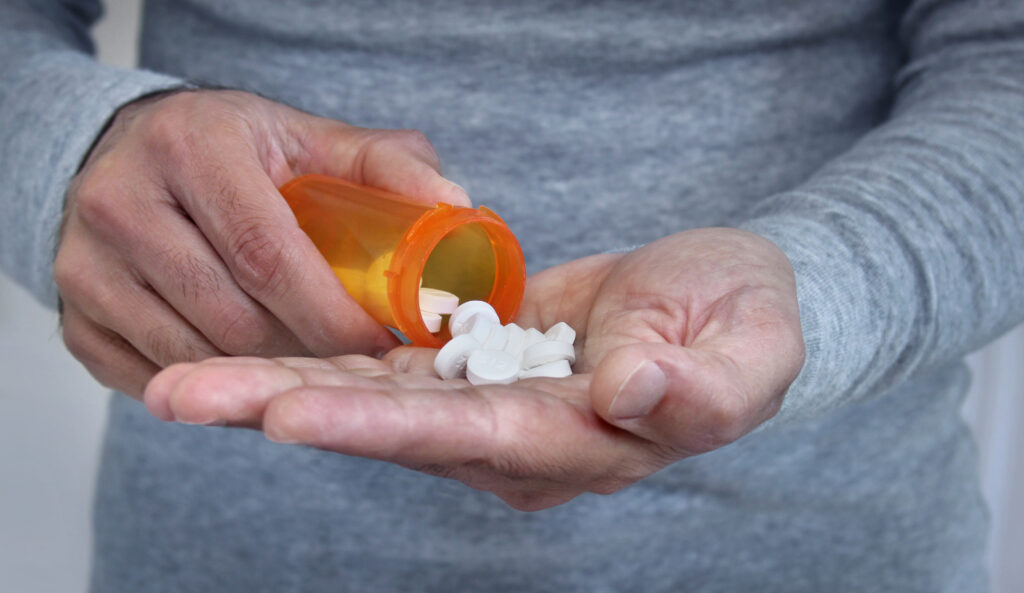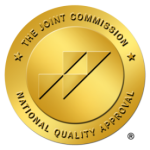Detoxing from drugs or alcohol is a challenging but essential step toward recovery. While the physical withdrawal symptoms often get the most attention, the emotional toll, especially anxiety, can be equally overwhelming. Being that detox is the first step in recovery, understanding the role anxiety plays during detox and knowing how to handle it can make a significant difference in your journey. In this blog, we’ll explore the following topics:
- The anxieties associated with detoxing from drugs and alcohol
- How to manage anxiety during detox
- Why detoxing at a facility is safer than detoxing on your own
- When the anxiety is likely to subside
The Anxieties of Detox: Breaking It Down by Substances
Alcohol Detox Anxiety
Alcohol detox can trigger intense feelings of anxiety due to changes in brain chemistry. Alcohol suppresses the central nervous system, and when it’s removed, the brain goes into overdrive, causing symptoms like:
- Panic attacks
- Irritability
- Racing thoughts
- Insomnia
For some, withdrawal may escalate to delirium tremens (DTs), a severe condition that includes confusion, hallucinations, and seizures. The anxiety tied to alcohol detox often peaks within 24–72 hours after you’ve taken your last drink.
Drug Detox Anxiety
The anxiety experienced during drug detox varies by the substance but commonly stems from both physical withdrawal and psychological cravings.
- Opioids (e.g., heroin, prescription painkillers): Anxiety is often paired with restlessness, sweating, and an overwhelming urge to use.
- Stimulants (e.g., cocaine, methamphetamine): Intense anxiety often accompanies depression and fatigue due to the sudden drop in dopamine levels.
- Benzodiazepines: Since these drugs directly target anxiety, withdrawal often results in severe rebound anxiety and, in some cases, life-threatening seizures.
Each drug comes with unique withdrawal timelines, but anxiety is a shared experience across the board.
How to Handle Anxiety During Detox
Managing anxiety during detox requires a combination of professional support, coping strategies, and, often, medical intervention, which is another reason that detoxing at a facility is often required before entering rehab.
Professional Support:
- Licensed detox facilities provide a controlled environment with trained staff who can monitor and address symptoms of anxiety.
- Medications such as anti-anxiety drugs or antidepressants may be prescribed to ease withdrawal symptoms safely.
Mindfulness Techniques:
- Breathing exercises, meditation, or yoga can help reduce panic and ground you in the present moment.
- Journaling your thoughts and feelings can help you process the emotional turbulence.
Nutrition and Hydration:
- Proper hydration and balanced meals can help stabilize your mood and support physical recovery.
Peer Support:
- Connecting with others who understand your experience, either in person or through support groups, can help ease feelings of isolation.
The Importance of Detoxing at a Facility
Detoxing without medical supervision is extremely dangerous. Substances like alcohol and benzodiazepines can trigger severe withdrawal symptoms, including seizures, heart complications, or hallucinations, without warning. These unpredictable symptoms can escalate quickly, posing significant health risks. Additionally, the psychological strain during detox is immense. Intense anxiety, coupled with overwhelming cravings, often leads to relapse, which can result in consuming larger amounts of the substance, increasing the risk of overdose. Facing this process alone can also amplify feelings of isolation, fear, and hopelessness, making it even harder to stay on the path to recovery.
In contrast, detoxing at a facility provides critical benefits that can significantly improve both safety and comfort. Medical monitoring ensures that healthcare professionals are available to manage symptoms and address emergencies, creating a safer environment for withdrawal. Facilities also offer structured care, removing individuals from triggers and providing access to essential resources like therapy and medications to ease symptoms. Furthermore, detox programs are tailored to the individual’s unique needs, taking into account their substance use history, physical health, and emotional well-being. This individualized approach fosters a smoother, more successful detox process, setting the foundation for long-term recovery.
When Will the Anxiety Subside?
The anxiety experienced during detox varies depending on the substance and individual factors such as the duration and intensity of use, as well as the person’s overall mental health. For alcohol, anxiety typically peaks within the first three days of detox and begins to subside after about 7–10 days. Opioid detox often involves a week of intense anxiety, with noticeable improvements after 10–14 days. Stimulant detox may cause anxiety and depression to persist for several weeks, though significant relief is usually felt after the first month. Benzodiazepine detox, on the other hand, can result in rebound anxiety that lasts for several weeks and gradually decreases over the course of months.
While detox is a necessary first step, lingering anxiety may continue for some time, proving the importance of ongoing support. Therapy, medication, and peer support groups can help individuals manage residual anxiety, rebuild their emotional resilience, and maintain their sobriety.
Take the First Step Toward Recovery
Detoxing from drugs or alcohol is a brave and life-changing decision, but it’s not one you should face alone. Choosing a licensed detox facility can make the process safer, more effective, and less overwhelming.
If you or a loved one is considering detox, reach out to Revive Recovery Centers to learn your options. With the right support, you can navigate anxiety and emerge stronger on the path to lasting recovery.
Remember, the discomfort of detox is temporary, but the rewards of a sober, healthier life are immeasurable. Take the first step today—you’re not alone.





